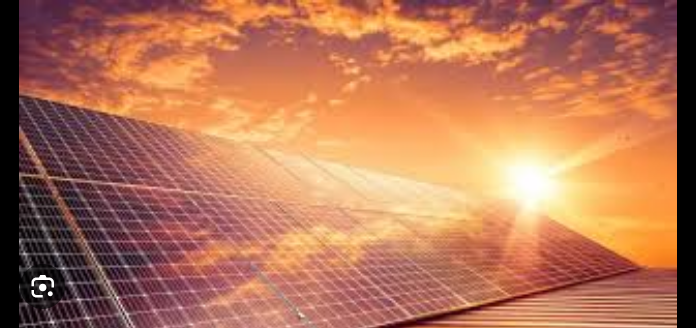The Federal Government of Nigeria has reaffirmed its intention to cease the importation of photovoltaic solar panels, a move aimed at curbing the annual expenditure of over ₦200 billion on foreign panels and promoting local manufacturing. Minister of Science and Technology, Uche Nnaji, emphasized that this decision aligns with Presidential Executive Order No. 5, which prioritizes indigenous content in science and technology sectors.
The government believes that Nigeria possesses the capacity to meet its solar energy demands domestically. Notably, the Rural Electrification Agency has signed agreements for the establishment of a 1.2 GW solar assembly plant and plans for an additional 1 GW facility.
However, industry experts have expressed concerns regarding the feasibility of this policy. The Centre for the Promotion of Private Enterprise (CPPE) warns that Nigeria’s current domestic production capacity is insufficient to meet demand, and an abrupt ban could exacerbate the nation’s energy challenges.
Similarly, the Renewable Energy Association of Nigeria (REAN) has urged the government to reconsider the proposed ban, highlighting potential setbacks in the country’s renewable energy advancements.
To support local manufacturers, stakeholders advocate for the removal of import duties on raw materials essential for solar panel production, such as photovoltaic cells and aluminum frames. This policy adjustment could enhance the competitiveness of local manufacturers and foster growth in the renewable energy sector.
As Nigeria strives to achieve its renewable energy goals, the balance between promoting local manufacturing and ensuring energy accessibility remains a critical consideration…….CONTINUE READING





